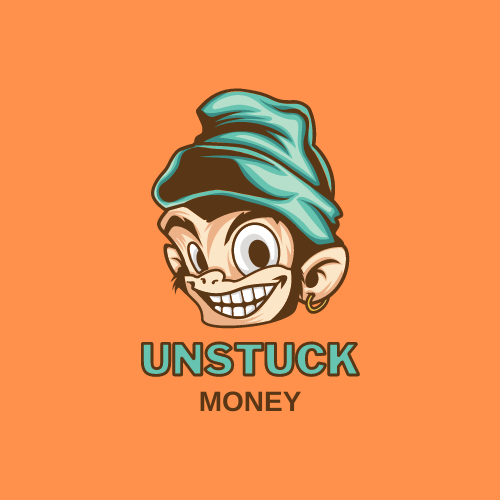“Dude, why is my Roth IRA performing so poorly? Why did you tell me to invest in this?”
Let’s go over some misconceptions we have observed.
A Roth IRA (or Roth 401(k)) is merely a vehicle that holds assets. Think of it as a tax carve-out for a special kind of brokerage account. It can be very powerful! You can contribute after-tax dollars into the account, let them grow for years or even decades, and then withdraw your contributions (of course) and all subsequent gains tax-free (beginning at age 59.5, as long as you follow all the rules). Here are some key rules:
Only earned income can be contributed to a Roth individual retirement account (IRA).
Most people can contribute up to $6,000 to a Roth IRA in 2022. If you are age 50 or older, the limit is $7,000.
There are also contribution limits based on your household income and filing status. In some cases, you cannot contribute at all
You can withdraw contributions tax-free at any time from a Roth IRA
You decide where to invest the account—it could be held in cash, bonds, real estate, stocks, mutual funds, etc. You usually set it up yourself through a brokerage like Schwab or eTrade. The “apps” like Robin Hood don’t support IRAs at this time. If your “Roth isn’t doing well”, that’s on you, not the Roth!
Time horizon
The annual contribution of a Roth leads us to compare our $5000 contribution (these are sample numbers) we made back in January to today’s balance. Let’s say you just started your Roth this year. If you invested in almost anything, that $5000 is probably worth about $4000 now! What a scam! You timed the market poorly! Maybe we shouldn’t be timing the market.
Regardless of your poor market timing, you possibly still did the right thing. You didn’t know that $5000 would sit at $4000 now, but if you had done the same $5000 in another year, it might be at $6000 now. Don’t worry about it. If you invested following a wise investment strategy of index funds and following a broad stock market basket of stocks or bonds, you will win the long game. And retirement is the ultimate long game.
Notes:
- The Roth 401(k) is much less common but allows for after-tax dollars to be invested using your workplace retirement plan
- We will cover wise strategies in future posts
- If you put your entire Roth into one or two single stocks, they may never recover and you may have erred—but once again, the “Roth” itself has no bearing on that as it would have happened in any taxable investment account





